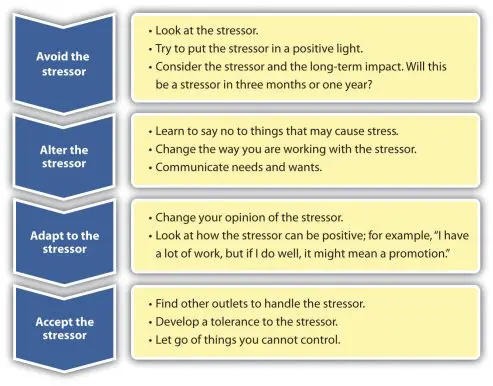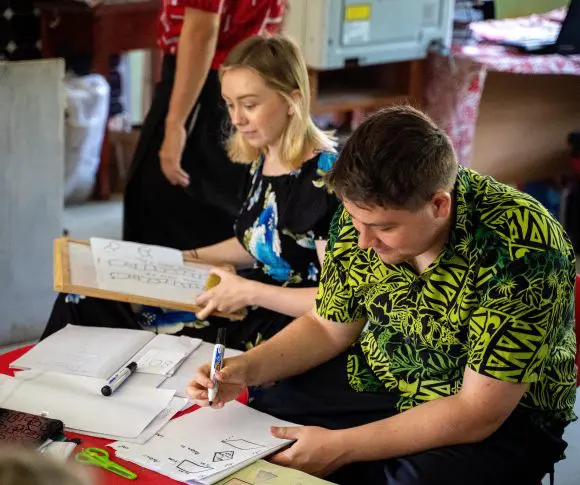By clicking submit, I consent to my personal data being collected, stored, and processed by Think Pacific in accordance with our Privacy Policy.
Stress Management
Stress is caused when the demands exceeds an individual’s perceived ability to cope. These can happen in both a person’s private life and their work environment, and both can have devastating consequences. Therefore it is so important for us to learn about these challenges and identify areas that we can work on so in order to prevent damage later on. The following sections will be specifically related to reducing ‘workplace stress’, however a lot of techniques will also be applicable to one’s personal life.
Workplace stress is any emotional or physical responses that occur due to any factor within the workplace.
Stress Management techniques offer a large range of strategies to help you deal with stressful situations and lead to a more healthier and balanced lifestyle.

Once your stress levels have exceeded your ability to cope, you need to restore the balance by reducing the stressors, increasing your ability to cope, or both. Try using one (or all) of the four A’s: avoid, alter, accept or adapt.
Dr. Annika Sorensen is a Swedish Medical Doctor with 30+ years of experience in the medical field. With specializations in family medicine, environmental health, and stress management, she has a unique perspective that has helped thousands of patients learn how to manage stress in a healthy way.
Creating a Stress-Free Zone



Are you tired but wired? Neuroscientist Professor Matthew Walker, the bestselling author of Why We Sleep: The New Science of Sleep and Dreams, offers four scientifically-proven solutions.
Journaling generally involves keeping a diary or journal that explores thoughts and feelings surrounding the events of your life. There are several different ways to do this. Journaling, as a stress management and self-exploration tool, works best when done consistently, but even occasional, sporadic journaling can be stress relieving when the practice is focused on gratitude or emotional processing. This can also be used to reflect and cover a traumatic period of your life.
Mindfulness is a tool that people can develop in order to become present in the ‘now’. Forget about worries of the future and the happenings of the past by thinking about things around you in the current moment.
Rob Cooke explores how we NEED to tackle workplace stress and how our work culture has huge implications on personal and professional development.
We hope that you will be able to apply the techniques you have learnt and keep yourself both focused and stress-free. Don’t be afraid to go slowly, taking one step at a time towards building a resilient mindset that ultimately improves your feeling of happiness and fulfilment.


